Uruguay shaken by 'phantom cow' scam
Cattle seen as a safe investment in beef-mad nation – but the cows, and people's life savings, are nowhere to be found
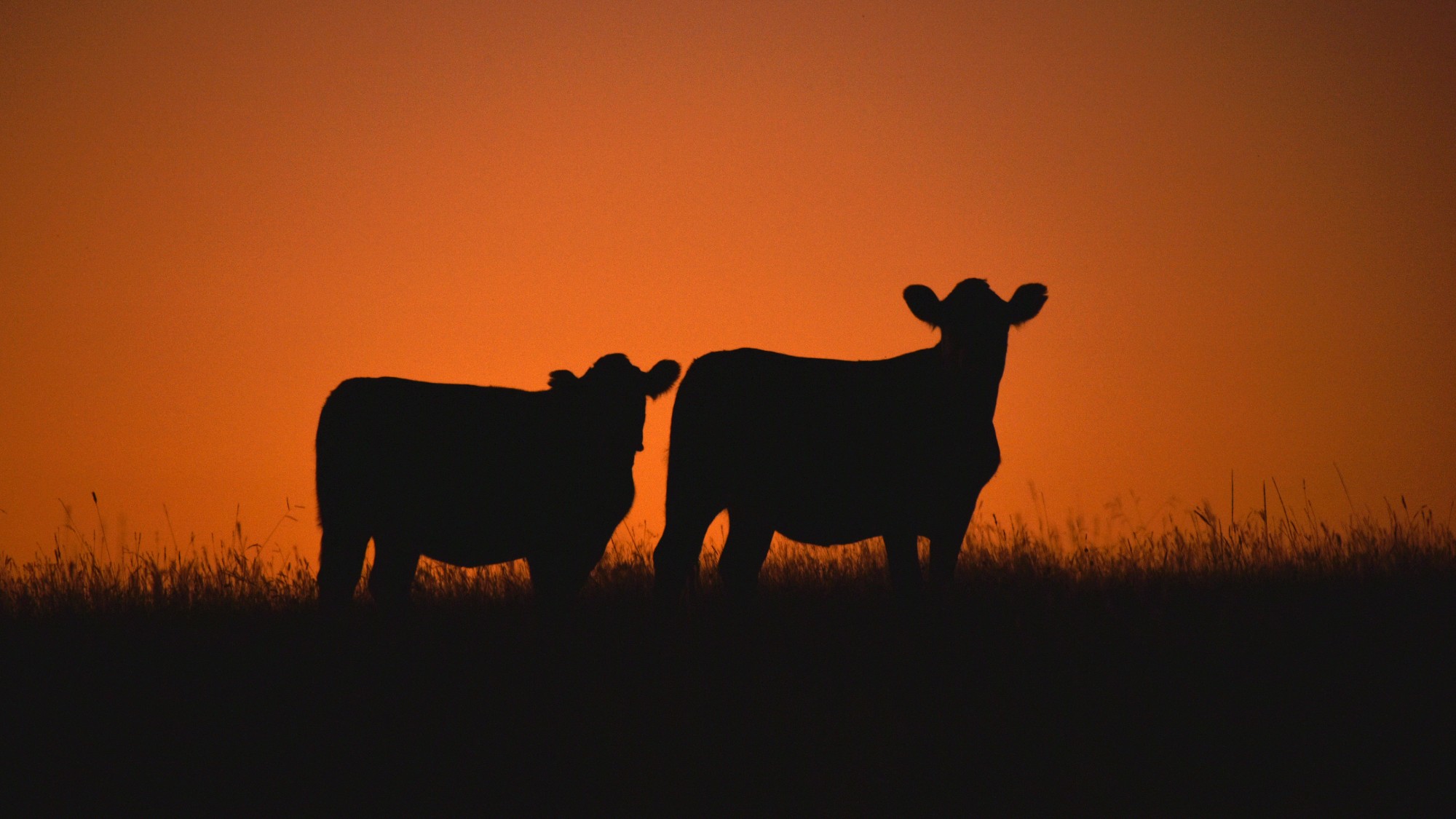
A free daily email with the biggest news stories of the day – and the best features from TheWeek.com
You are now subscribed
Your newsletter sign-up was successful
Meat-loving Uruguay has been rocked by a "phantom cows" investment scam, with high-profile politicians, celebrities and even priests among the victims.
Thousands of people in the small South American nation invested an estimated $350 million (£259 million) in fraudulent "cow bonds". But, despite Uruguay's "model" cattle-tracking system, neither the cows (which could number more than 700,000) nor the money can be found, said Reuters.
Three companies – now bust – are under investigation for fraud, in what is shaping up to be one of the biggest financial scandals in the history of this "stable, farming nation". Uruguay's national cattle registry has declined to comment but the incident has "sent shockwaves through its bigger ranching neighbours, Argentina and Brazil", where there are similar livestock investment schemes.
The Week
Escape your echo chamber. Get the facts behind the news, plus analysis from multiple perspectives.

Sign up for The Week's Free Newsletters
From our morning news briefing to a weekly Good News Newsletter, get the best of The Week delivered directly to your inbox.
From our morning news briefing to a weekly Good News Newsletter, get the best of The Week delivered directly to your inbox.
'A safe bet'
Beef is big in Uruguay, where cows outnumber people by nearly four to one and the average Uruguayan eats "200lbs of meat a year", said Lola Méndez, who is of Uruguayan heritage, in the Los Angeles Times. Meat-eating is "inherent to our way of life".
It's also inherent to the economy: Uruguay is one of the world's top 10 beef exporters; its livestock sector is of "central importance", accounting for about 15% of overall GDP and about 18% of total exports, according to government data cited in Newsweek.
The country's national identity is "tied to ranching and bountiful weekend barbecues", said Bloomberg. For generations, ranchers, cattle brokers and banks have "provided the credit that made ranching a linchpin of the economy". But in the 2000s, the country suffered both a banking crisis and "devastating outbreaks of foot-and-mouth disease". Cattle investment companies switched to retail investors as "a new funding source".
Then, once the disease was eradicated, the "steep depreciation" of currency and cheap land made ranching "a lucrative business" again. And Uruguayans, burnt by the banking crisis, wanted to "park their money outside the traditional financial sector". For 25 years, a small number of firms "leveraged the sector's prestige to collect nearly $500 million (£370 million) from patrons in return for stakes in cattle ventures".
A free daily email with the biggest news stories of the day – and the best features from TheWeek.com
One firm, Conexión Ganadera, advertised fixed 7% to 10% dollar returns, alongside "bucolic" pictures of cattle, said Reuters. Investors had the option of owning cows outright, which would then be sold for profit by livestock firms, or buying an investment stake in the overall scheme. Investors would be able to track the cows via "a state-backed online portal" showing each animal's breed, age and location. For many, owning such a "tangible asset" seemed "a safe bet".
'Scrambling' for savings
For years, investors received fixed dollar returns, as promised. But when some went in search of their cows, they couldn't match the cattle registry tracking numbers to the tags in the ears of the animals in the fields. Uruguay's central bank began launching investigations into cattle investments in 2018 but it was the broadcast of a "scathing" TV documentary in October 2024 – which included testimonials from investors claiming to have been defrauded – that brought the scandal to the fore, said Bloomberg.
Conexión Ganadera was one of the three funds to be investigated. Soon, its payments were arriving late and then it began warning that it was unable to fulfil obligations to investors. By January, investors were "scrambling to withdraw savings amid reports of fraud", said Reuters. The company admitted that it was short of nearly $250 million (£185 million) and, in February, it was forced into receivership. An official investigation by the Prosecutor's Office for Money Laundering Crimes is ongoing.
An inventory of Conexión Ganadera by a bankruptcy trustee estimated that as few as 70,000 of the 804,604 cattle the company claimed to manage have ever actually existed. "We don't know if the cows were ever bought, whether they're alive or dead," one investor told the news site.
-
 Health insurance: Premiums soar as ACA subsidies end
Health insurance: Premiums soar as ACA subsidies endFeature 1.4 million people have dropped coverage
-
 Anthropic: AI triggers the ‘SaaSpocalypse’
Anthropic: AI triggers the ‘SaaSpocalypse’Feature A grim reaper for software services?
-
 NIH director Bhattacharya tapped as acting CDC head
NIH director Bhattacharya tapped as acting CDC headSpeed Read Jay Bhattacharya, a critic of the CDC’s Covid-19 response, will now lead the Centers for Disease Control and Prevention
-
 Panama and Canada are negotiating over a crucial copper mine
Panama and Canada are negotiating over a crucial copper mineIn the Spotlight Panama is set to make a final decision on the mine this summer
-
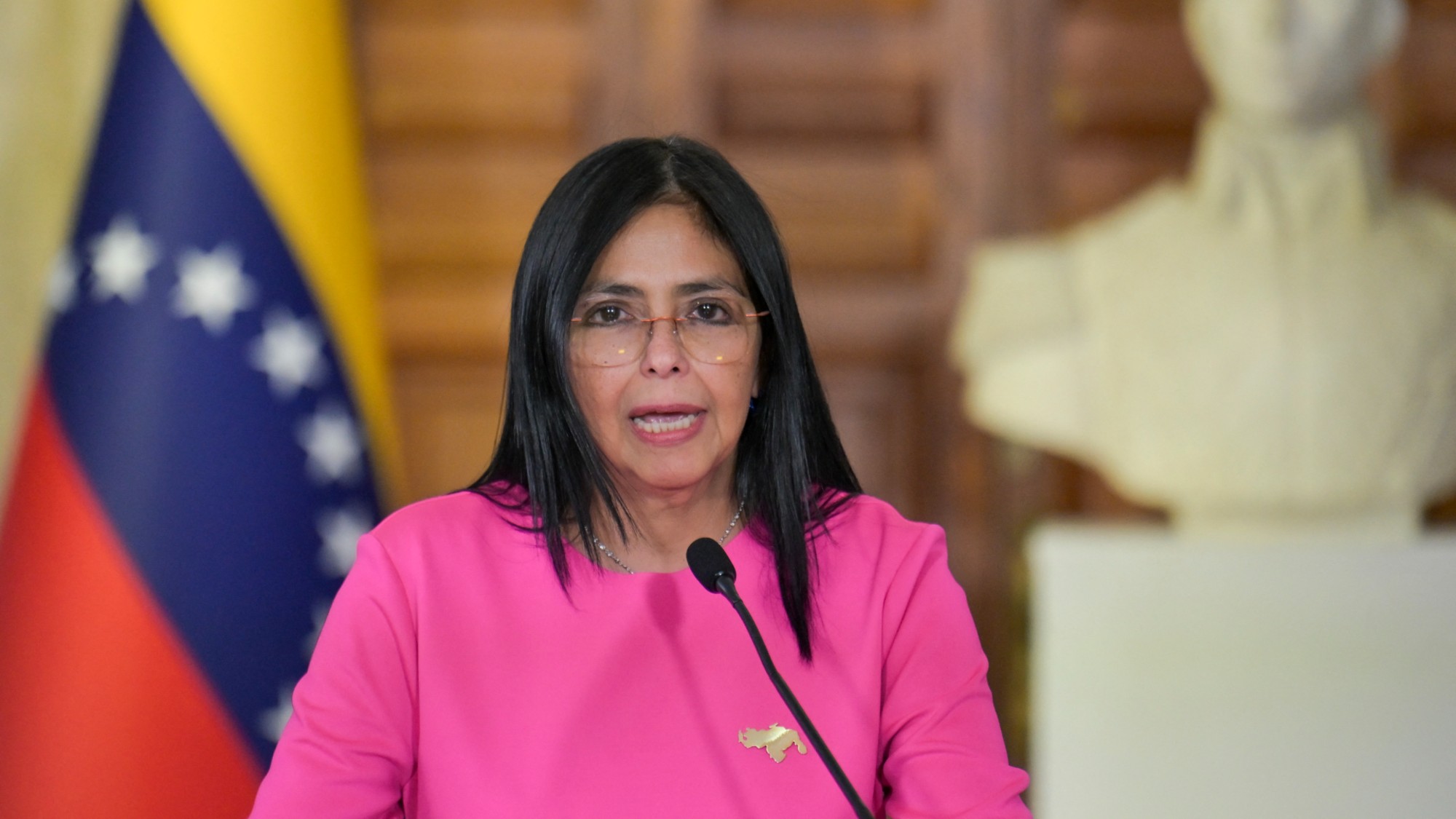 Delcy Rodríguez: Maduro’s second in command now running Venezuela
Delcy Rodríguez: Maduro’s second in command now running VenezuelaIn the Spotlight Rodríguez has held positions of power throughout the country
-
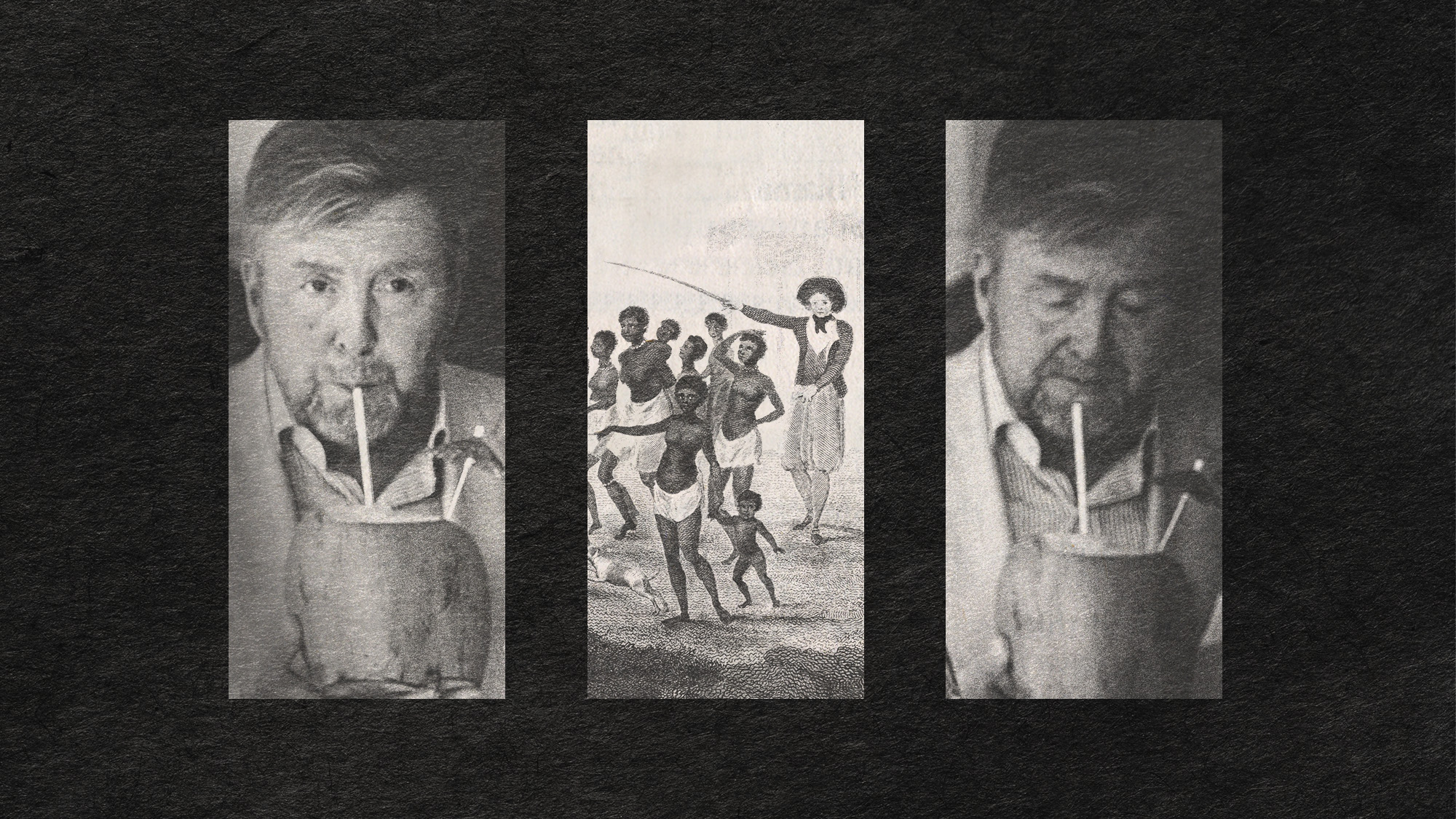 In Suriname, the spectre of Dutch slave trade lingers
In Suriname, the spectre of Dutch slave trade lingersUnder the Radar Dutch royal family visit, the first to the South American former colony in nearly 50 years, spotlights role of the Netherlands in transatlantic trade
-
 Brazil’s Bolsonaro behind bars after appeals run out
Brazil’s Bolsonaro behind bars after appeals run outSpeed Read He will serve 27 years in prison
-
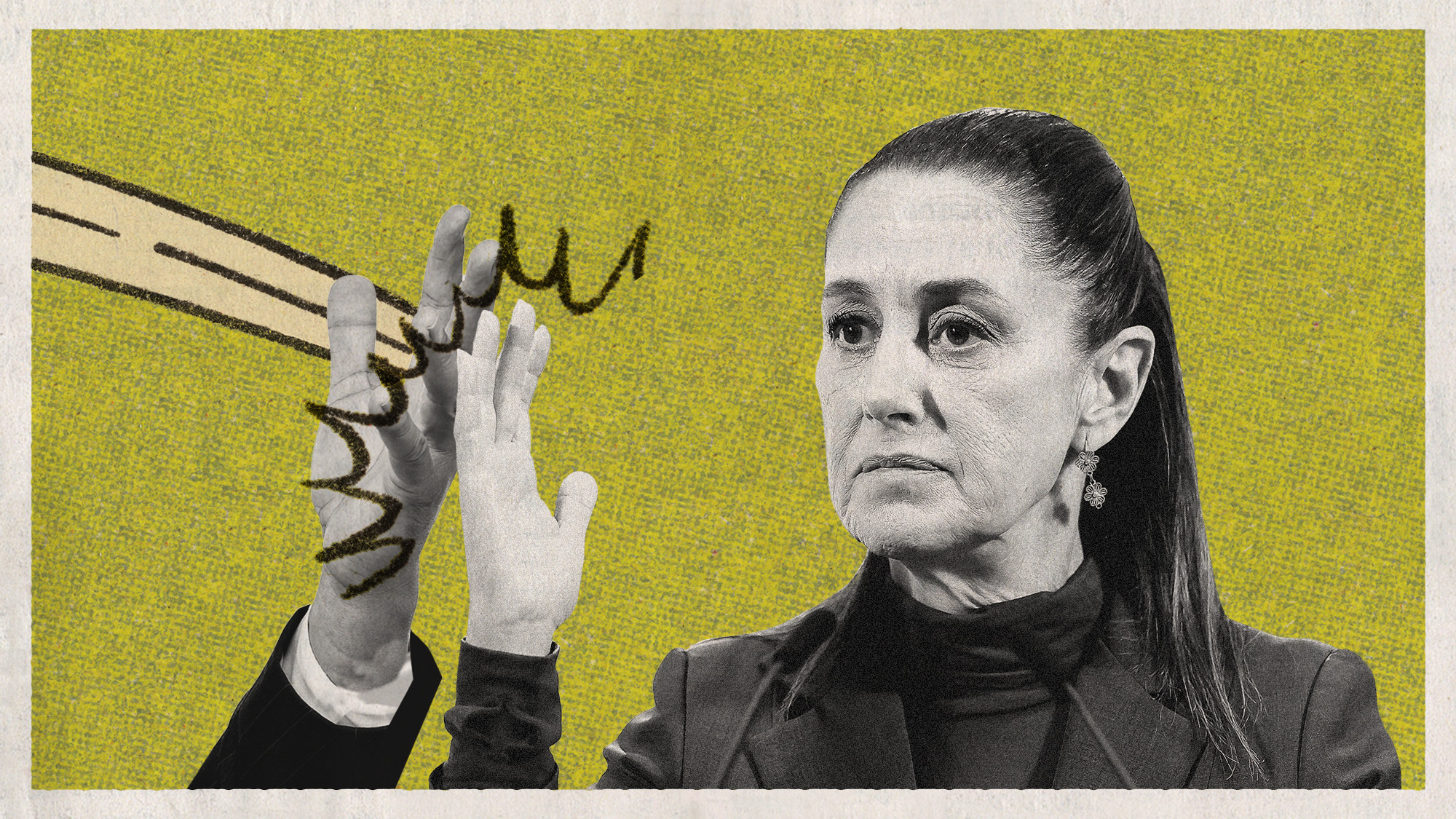 Claudia Sheinbaum and Mexico’s sexual harassment problem
Claudia Sheinbaum and Mexico’s sexual harassment problemUnder the Radar Claudia Sheinbaum vows action against sexual harassment after viral incident, but machismo and violence against women remains deeply ingrained
-
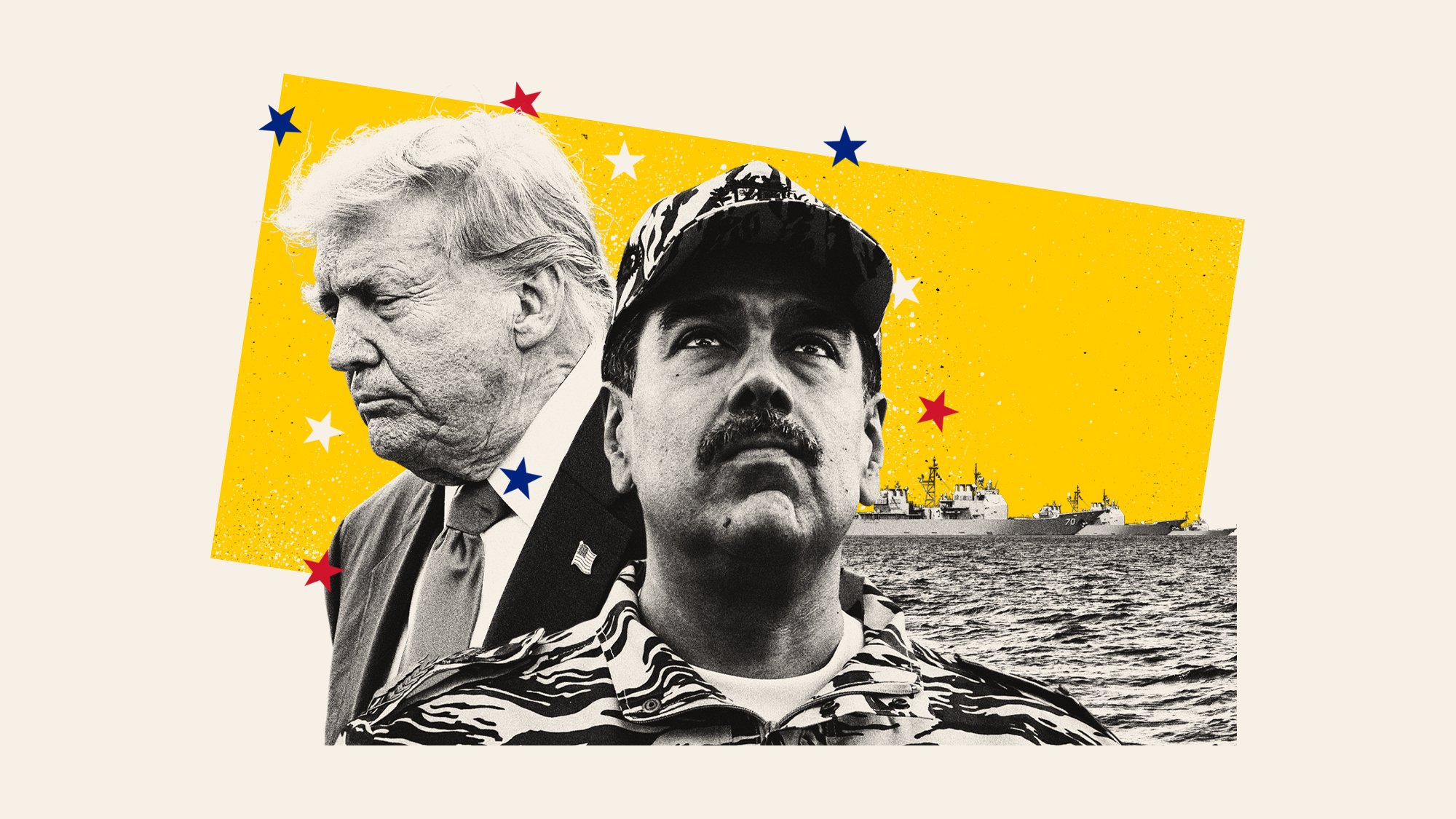 What is Donald Trump planning in Latin America?
What is Donald Trump planning in Latin America?Today’s Big Question US ramps up feud with Colombia over drug trade, while deploying military in the Caribbean to attack ships and increase tensions with Venezuela
-
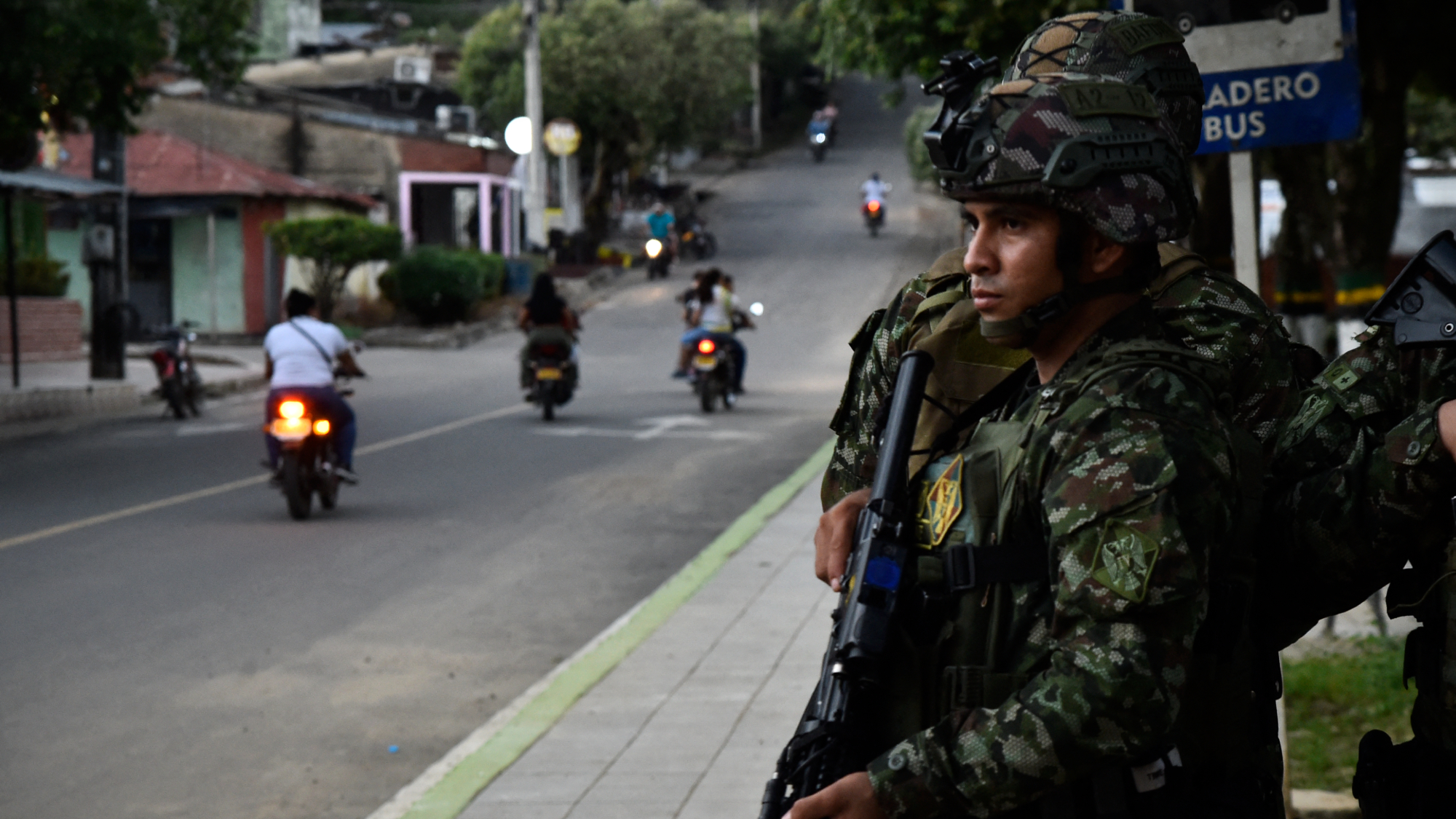 80 dead in Colombia amid uptick in guerrilla fighting
80 dead in Colombia amid uptick in guerrilla fightingSpeed Read This was the country's deadliest wave of violence since the peace accords set by President Gustavo Petro in 2016
-
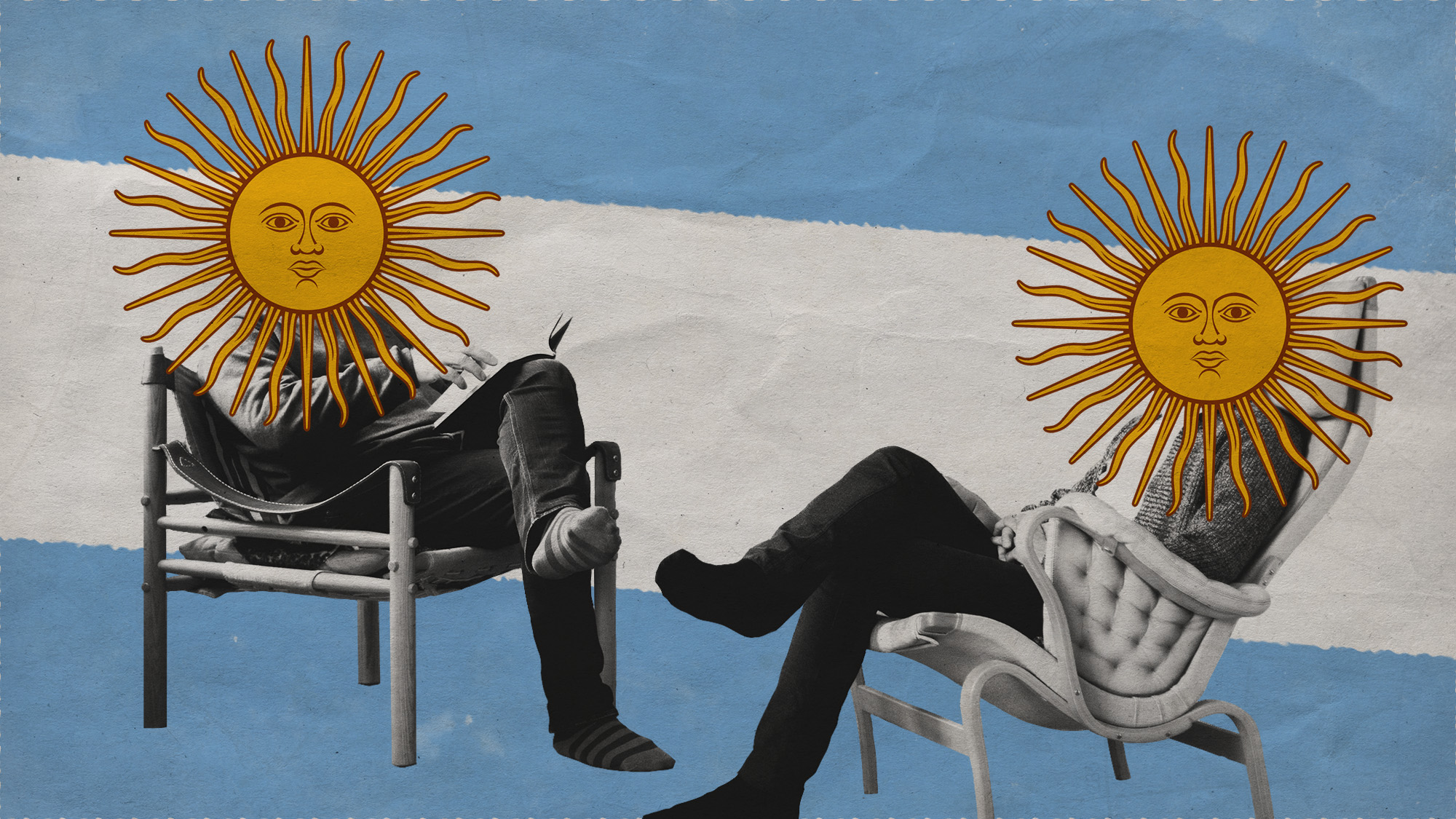 Argentina: the therapy capital of the world
Argentina: the therapy capital of the worldUnder the radar Buenos Aires natives go hungry to pay for psychoanalysis, amid growing instability, anxiety – and societal acceptance